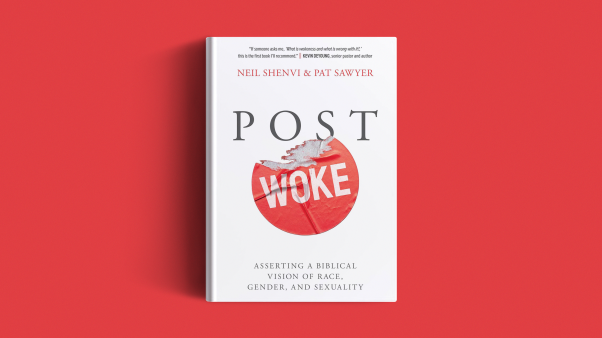If you’re a pastor, chances are, you have frequent interactions with people who live with mental illness. Sometimes you’re aware of it. Sometimes you aren’t.
Statistically, a member of the clergy is the number-one place people go when they seek help for mental illness. You might wonder why people with this sort of problem keep finding their way to you and your church, of all places.
There are a variety of reasons, including a mental health care system that is notoriously difficult to access and expects people with brain-based disorders to manage their own care through that system. Other reasons are inherent in the nature of faith communities: they offer spiritual experiences, promises of peace and love, opportunities for community and for communion with God. These are understandably attractive to many people with mental illness.
So for mental health problems, church leaders are first responders—consciously or unconsciously. Yet many pastors feel underequipped to respond. The good news is, resources are available. The resources below won’t make you a mental health expert and won’t take away the challenge and heartbreak of ministry to people in serious pain. But they will help you understand what people are up against, what they need, and how you can help.
Mental Health Grace Alliance. This organization is a multi-faceted, Christ-centered resource for people with mental illness and their families. The focus is on recovery and living well with a mental health challenge. They provide support groups for people with mental illness and their families, coaching for people who are working toward recovery from a mental health crisis, and training for leaders.
Fresh Hope. This organization was founded by Pastor Brad Hoefs, who lives with bipolar disorder. He understands both the challenges of ministry and the difficulty of living with serious mental illness. This is a Christ-centered support group ministry that equips churches to establish peer support for people who have mental illness and their loved ones.
Grace for the Afflicted: A Clinical and Biblical Perspective on Mental Illness. This book by Dr. Matthew Stanford (Biblica Publishing, 2008), a neuroscientist, a researcher, and a leader with a passion for seeing the church do great ministry among people affected by mental illness, presents detailed information about various types of disorders, with biblical perspective on each.
Troubled Minds: Mental Illness and the Church’s Mission. This is a book by Amy Simpson (InterVarsity Press, 2013), who grew up in a family profoundly affected by schizophrenia. It contains stories of individuals and families touched by mental illness, helps readers understand some of the challenges they face, and calls the church to fulfill its mission and extend Christ’s love specifically to people who live with mental illness and often feel marginalized and rejected.
Hope for Mental Health Starter Kit. This resource from Saddleback Church contains various multimedia materials that churches, large and small, can use to launch their own ministry to people living with mental illness.
National Alliance on Mental Illness (NAMI). “America's largest grassroots mental health organization dedicated to improving the lives of individuals and families affected by mental illness,” NAMI provides information, advocacy, support groups, referrals, and more. While not a faith-based organization, NAMI exists in part to provide the kind of support churches and their leaders need.
Local professionals. Every church should form a network of local psychiatrists, psychologists, therapists, and social workers who have various specialties. Refer people to them for professional mental health care and emotional support, and consider using them as a resource for yourself and your staff. Paying for an hour of their time could net you a wealth of information about how you can support people who are living with various forms of mental health problems.
National Institute of Mental Health. This federal government agency’s site is packed with information about mental health and specific mental disorders, mental health research, and links to more resources.
Mental Health First Aid. This program trains people to act as effective first responders in mental health crises. Why not have at least one trained staff person in your church?
Pathways to Promise. A broadly faith-based resource that exists “to facilitate the faith community’s work in reaching out to those with mental illnesses and their families.” They offer information and resources for congregations and their leaders, some of it geared specifically to Christian ministry.
Amy Simpson is author of Troubled Minds: Mental Illness and the Church’s Mission (IVP) and can be contacted at amysimpsononline.com and her article on her experience growing up in a family marked by mental illness can be found here.









